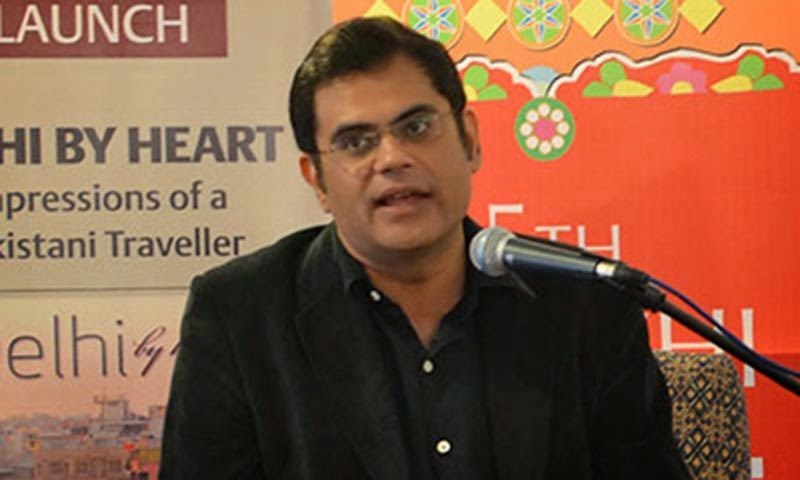In today’s closely knit relationship between security states (USA is proud to be #1, even ahead of China) and strongman companies, it is reasonable to assume that whenever you stroke a key on the inter-webs, some automaton somewhere is paying close attention.
What we are seeing is a trailer of how the future will be shaped- the word privacy will be absent from all languages and dictionaries.
Also, it is not just the muslims anymore.
What would be a worth-while exercise is to have an authentic member of the upper management at Microsoft (and all the other selfish giants) write out these lines a hundred times on the chalk-board.
Is the immediate jewel of their souls:
Who steals my purse steals trash; ’tis something, nothing;
’twas mine, ’tis his, and has been slave to thousands;
But he that filches from me my good name
Robs me of that which not enriches him,
And makes me poor indeed.”
…..
Several
days after Microsoft acknowledged that it read the personal emails of a
French blogger in 2012 to catch an insider who had leaked code related
to Windows, the company said that it would change email policies and
would no longer read emails hosted on its servers without a warrant.
According to a few court documents related to a case that involves
former Microsoft employee Alex Kibkalo, who reportedly leaked code
related to Windows, Microsoft went through the Hotmail inbox of the
blogger who was in touch with Kibkalo to identify the leaker.
In the wake of uproar and privacy concerns, Microsoft said that its
“terms and conditions” for Hotmail accounts allowed it to look into the
content of private emails in order to protect its intellectual property.
On Friday, Microsoft general counsel Brad Smith said the
company has decided to change its email policies. “Effective
immediately, if we receive information indicating that someone is using
our services to traffic in stolen intellectual or physical property from
Microsoft, we will not inspect a customer’s private content ourselves.
Instead, we will refer the matter to law enforcement if further action
is required,” Smith wrote on the company’s office blog.
“While
our own search was clearly within our legal rights, it seems apparent
that we should rely on formal legal processes for our own investigations
involving people who we suspect are stealing from us,” he added.
Incidentally, the case of snooping on the French blogger came at a time
when Microsoft was running its “scroogled” campaign against Google,
arguing that Google read emails of its users so that it could serve them
advertisements.
After the details of the Kibkalo case came out
in public, Microsoft was criticised by Electronic Frontier Foundation
(EFF), a well-known non-profit organization that argues in favour strong
privacy on the web. “The search in the Kibkalo case may have revealed
criminal activity, but it was also conducted in Microsoft’s
self-interest, which is an exceedingly dangerous precedent. Combined
with the kangaroo court potential of the company’s new internal Warrants
for Windows policy, Microsoft is playing with fire,” said EFF.
On Friday, Microsoft revealed it is also starting a project that will
“identify, flesh out and discuss important issues (related to privacy on
the web)”. The company said that for discussions on the issue of
privacy, the Center for Democracy and Technology has agreed to convene
stakeholders and the EFF will be a key participant.
The
interesting bit here is that Google, which runs Gmail, and several other
technology companies have policies similar to that of Microsoft when it
comes to their own intellectual property. A few days ago Michael
Arrington, founder of Techcrunch, wrote that he suspected Google snooped
on his Gmail inbox to identify his sources within the company.
Though Google denied the allegations, it is yet to follow Microsoft in
changing the email policies that gives it right to go through the
private emails of a user if it is probing theft of its intellectual
property…
regards



